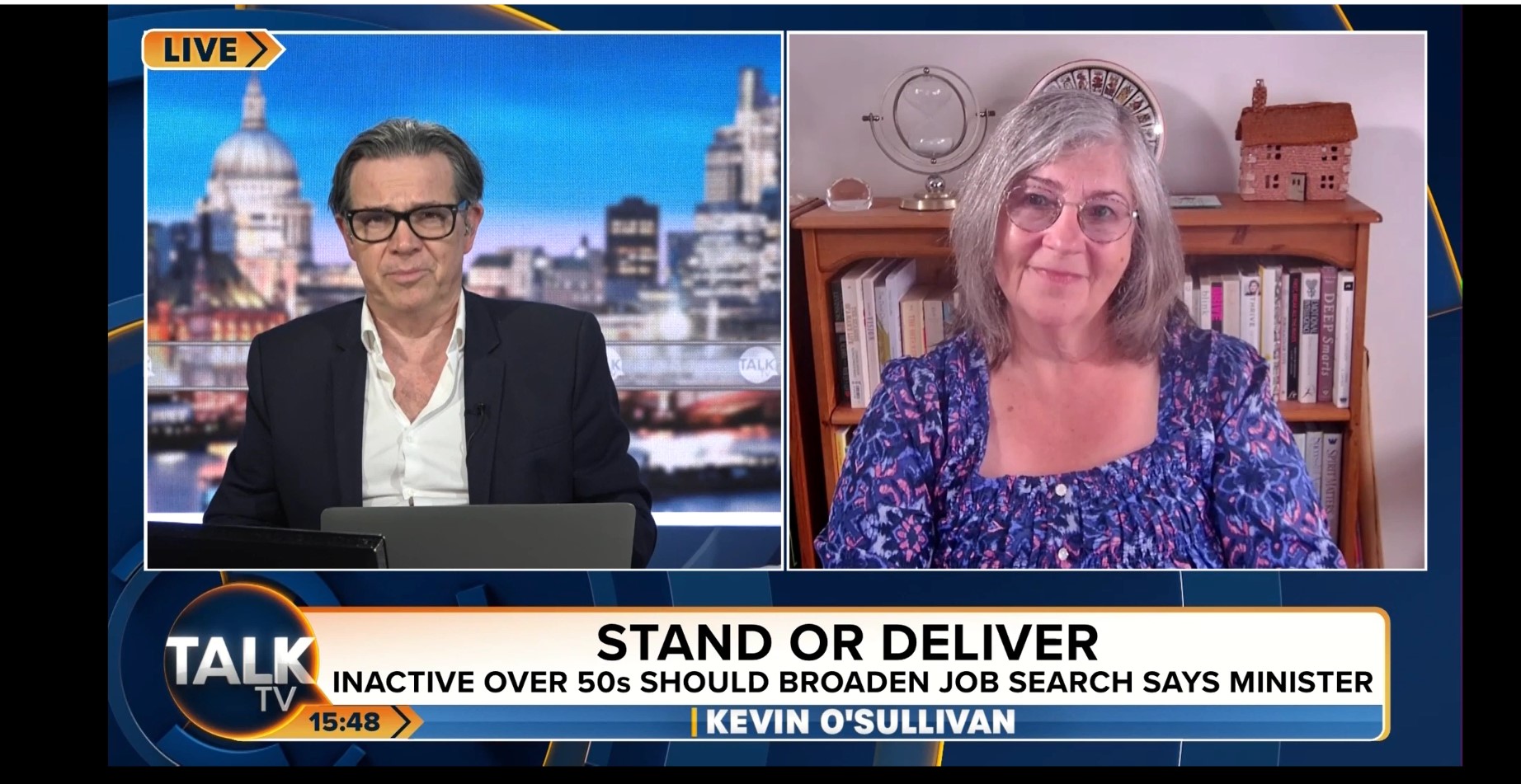7 key ‘Don’t panic’ tips for when you are made redundant
- Treat it as an opportunity and a chance to take stock. Not many people love their job so take stock and work out what you would like to do – different company, different job, something radically different? Then create a plan to get there. You may seek to get any job, on a short term basis to bring the money in, but also consider what you really want to do and create a plan to get there.
- Unpick your underlying skills and abilities to help identify something new. Think about what you enjoyed; how can you get more of that into your job? What do you do in your spare time that could be used in the workplace? Refocus your CV to include this. We should all review our CV on a regular basis to ensure it is focused on where we want to go. It should also reflect who we are – include some of your personality to make people want to meet with you.
- Get your marketing material ready. Bring your CV up to date, and make sure your LinkedIn profile is effective, they should work together and present you for what it is you want and make it clear why a company would want to choose you. For most jobs an effective LinkedIn profile is essential so give it an over view and if you don’t know what to do, I can help.
- Get it in writing. You will want to have a written reference you can attach to an application and even better ask your old boss, and colleagues to write a recommendation on LinkedIn for you. You want proof that you can do the things you say you can do. It really is about social proof nowadays. What’s the evidence?
- Get talking to people. Most people find a new job through someone they know so be clear on the job you want and why you would be a great candidate. Don’t be vague, the more specific you are, the easier it is for others to help you. Many of my clients say they hate networking, but see it as conversations on a one by one basis where you are getting to know someone else and how you can both help each other.
- Consider your finances. You may have got a pay-off, which helps to ease the transition, but money may be tight. In both cases review your expenses and see where you can make savings. You may even like to take on some temp work to bring some money in. But there is also the danger of being fixated on earning a particular sum. Really, is money the most important thing. Sometimes taking a lower paid job can help you find something that’s more fulfilling.
- Keep focused. It may take time to get your next job, but don’t give up! Look for people to support you, and make sure your job search campaign is effective, making good use of social media, especially LinkedIn. There’s plenty of advice to help you. I’ve been working with one client from February to November. It’s taken time, but we kept focused and she no has a perfect job with her ideal company. We are both very happy!
Denise Taylor: award winning career psychologist, personal branding strategist & author. Cutting-edge, innovative careers coaching. Denise is the author of ‘Find Work at 50+’, read more at www.amazingpeople.co.uk/50plus/





